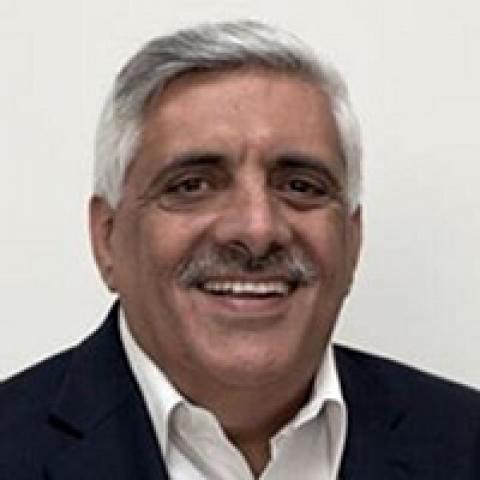This is the third of a three-part special series on Palestinian politics and society. You can read part one and two here and here.
While Mahmoud Abbas holds the three positions of Palestinian president, chair of the PLO and head of Fatah, it is the latter that has kept him in power. No one can fully comprehend Palestinian politics without a deep understanding of how the Fatah movement operates. Although the PLO signed the Oslo Accords and the Palestinian government was born out of the 1993 Declaration of Principles signed at the White House, neither hold real power without Fatah and its key leaders.
Fatah is not a political party but considers itself a liberation movement. While the last 30 years since the Oslo Accords were signed have stripped the movement of its "liberation" role, much of the internal decision-making takes place in this movement and specifically in its Central Committee. The events since Oct. 7 have resulted in a revisit to the resistance strategy that Fatah under Abbas abandoned after symbolically discarding Arafat’s khaki guerrilla attire with the diplomatic suit. Putting all his eggs in the political/diplomatic basket has proved worthless due to the Israeli and international community’s lack of interest in the process.
When US President Joe Biden met with Abbas in July 2022, he said that the time was not ripe for peace talks. Now due to the war in the Gaza Strip, the Biden administration wants to kick-start talks for a Palestinian state alongside Israel but has politely trashed Abbas. The call by Biden in his Washington Post op-ed for the need to revitalize the Palestinian Authority is welcomed by most Palestinians, but the 79% polled wanting Abbas to resign certainly are not interested in any of the US and Arab countries darlings who are Abbas’ key deputies. The Americans want to circumvent the electoral process by suggesting that Abbas appoint a deputy (they hope it could be Hussein al-Sheikh, secretary-general of the PLO Executive Committee) and turn over powers to him and to a new government.



